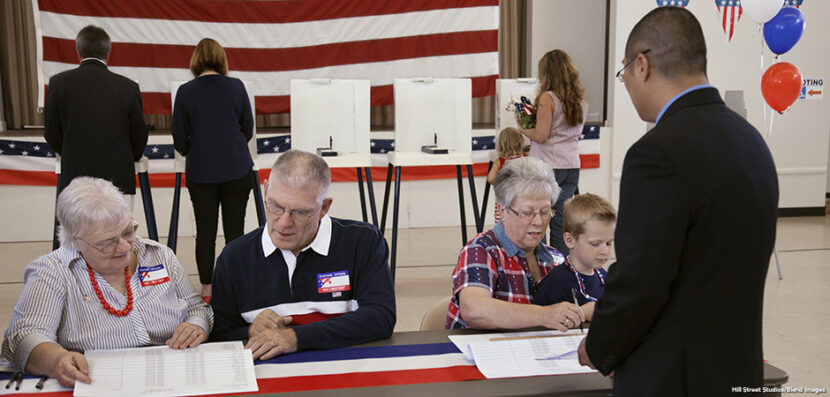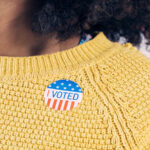Who Pays for Elections?
The news during an election season frequently focuses on the amount of money spent on individual candidates, campaigns, and issues. But what about the elections themselves? Elections are the cornerstone of democracy, but most of us probably never stop and think about how much an Election Day costs or how they are paid for. In general, elections are funded by state and local government budgets, with help sometimes from the federal government. The COVID-19 pandemic led to unexpected additional expenses, and private organizations began to help fund elections with grants. Since then, many states have passed legislation that ends this practice. Election Central takes a closer look at both sides of the debate over who should pay for elections.
COVID-19 and Rising Costs
The COVID-19 pandemic resulted in an increase of election expenses. There was a higher-than-normal rate of absentee voting rather than in-person voting. This led to increased printing, mailing, and processing costs. There were also additional expenses to pay for, such as cleaning and sanitation costs, and the need for larger facilities for social distancing.
To help with these additional costs, a nonprofit organization called the Center for Tech and Civic Life began giving grants to more than 2,500 local election boards. These grants ranged from as low as $5,000 to as high as $19 million dollars. In 2020, the organization donated more than $340 million to nearly 2,500 election agencies in 49 states.
The Call to Ban
Since 2020, twenty-three states have enacted laws that prohibit, limit, or regulate the use of private funding in elections. Eleven of these laws were passed in 2021, and twelve more in 2022. States that have banned or limited private funding argue that allowing private groups to help pay for elections may give them influence over those elections. Well-funded organizations could also give more money to some areas than others, which would give an unfair advantage to certain jurisdictions, campaigns, and even candidates.
The Call to Privately Fund
In some states, laws banning or restricting the use of private funds in elections were introduced but were then vetoed. (This occurred in Louisiana, Michigan, North Carolina, Pennsylvania, and Wisconsin.) Politicians and groups that favor private funding for elections say that elections are chronically underfunded. They believe that private grant money is necessary to ensure that polling places have the resources and cybersecurity they need to hold elections safely and accurately. The Center for Tech and Civic Life, for example, says that polling places need more money for equipping voting locations, training poll workers, addressing cybersecurity issues, maintaining aging voting machines, and more. Those who support privately funding elections also note that without these private grants, rising election costs will have to be paid for with taxpayer dollars.



